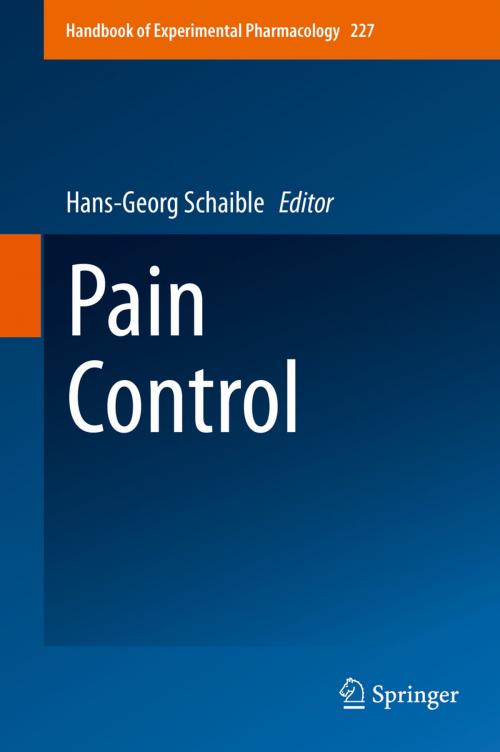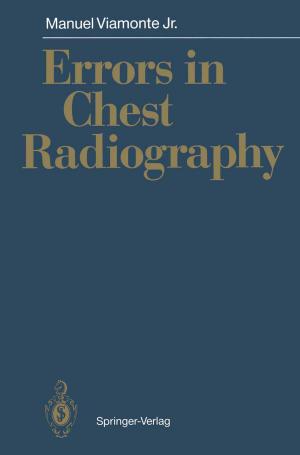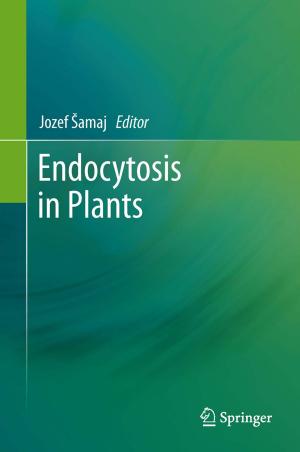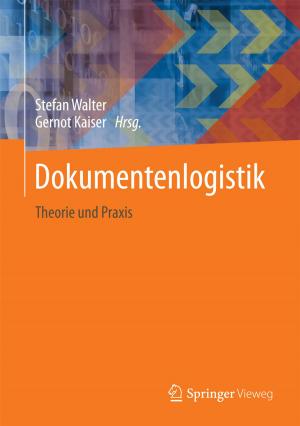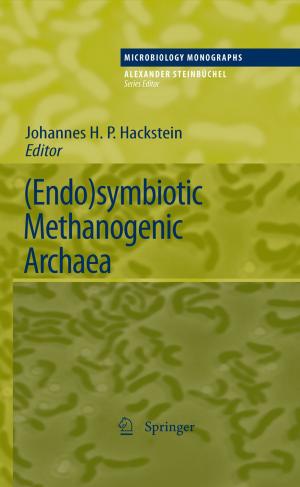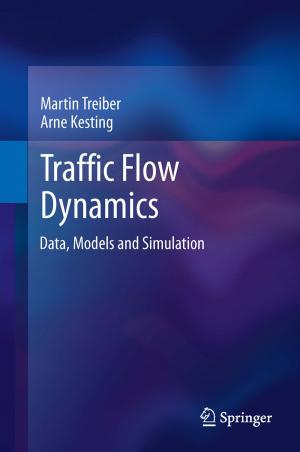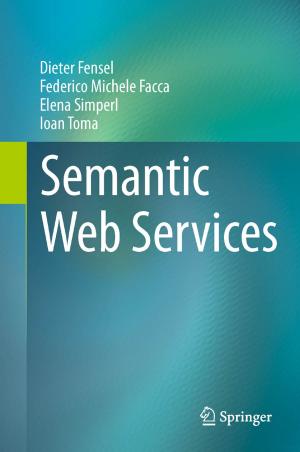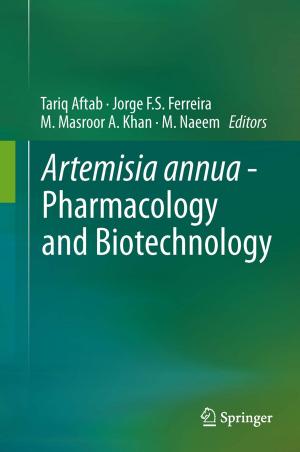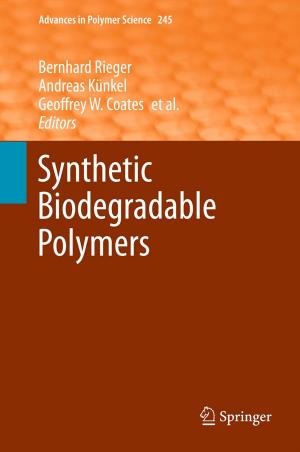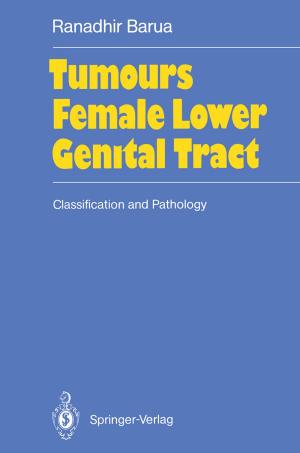Pain Control
Nonfiction, Health & Well Being, Medical, Patient Care, Pain Medicine, Medical Science, Pharmacology| Author: | ISBN: | 9783662464502 | |
| Publisher: | Springer Berlin Heidelberg | Publication: | April 6, 2015 |
| Imprint: | Springer | Language: | English |
| Author: | |
| ISBN: | 9783662464502 |
| Publisher: | Springer Berlin Heidelberg |
| Publication: | April 6, 2015 |
| Imprint: | Springer |
| Language: | English |
This volume addresses neuronal pain mechanisms at the peripheral, spinal and supraspinal level which are thought to significantly contribute to pain and which may be the basis for the development of new treatment principles. Chapters on nociceptive mechanisms in the peripheral nociceptive system address the concept of hyperalgesic priming, the role of voltage-gated sodium channels in different inflammatory and neuropathic pain states, the hyperalgesic effects of NGF in different tissues and in inflammatory and neuropathic pain states, and the contribution of proteinase activated receptors (PAR) to the development of pain in several chronic pain conditions. Chapters on nociceptive mechanisms in the spinal cord address the particular role of NO and of glial cell activation in the generation and maintenance of inflammatory and neuropathic pain and it discusses the potential role of local inhibitory interneurons, of the endogenous endocannabinoid system and the importance of non-neuronal immune mechanisms in opioid signaling in the control of pain. Furthermore, it is presented how spinal mechanisms contribute to the expression of peripheral inflammation.
This volume addresses neuronal pain mechanisms at the peripheral, spinal and supraspinal level which are thought to significantly contribute to pain and which may be the basis for the development of new treatment principles. Chapters on nociceptive mechanisms in the peripheral nociceptive system address the concept of hyperalgesic priming, the role of voltage-gated sodium channels in different inflammatory and neuropathic pain states, the hyperalgesic effects of NGF in different tissues and in inflammatory and neuropathic pain states, and the contribution of proteinase activated receptors (PAR) to the development of pain in several chronic pain conditions. Chapters on nociceptive mechanisms in the spinal cord address the particular role of NO and of glial cell activation in the generation and maintenance of inflammatory and neuropathic pain and it discusses the potential role of local inhibitory interneurons, of the endogenous endocannabinoid system and the importance of non-neuronal immune mechanisms in opioid signaling in the control of pain. Furthermore, it is presented how spinal mechanisms contribute to the expression of peripheral inflammation.
